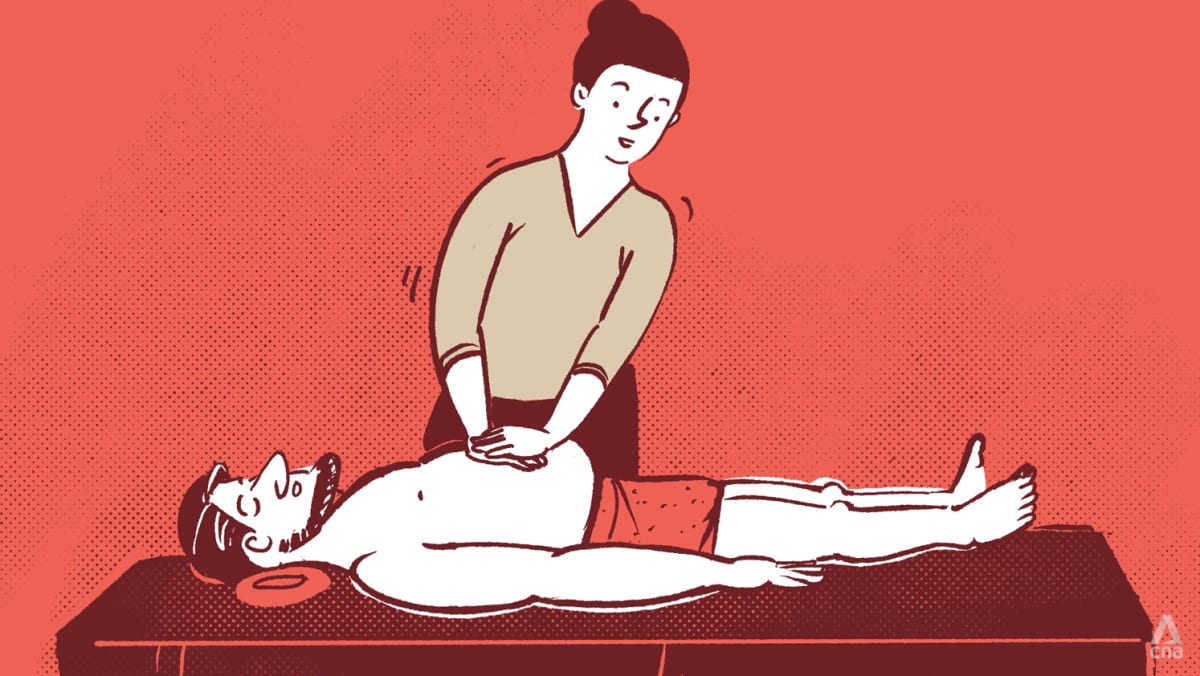RESEARCH DOESN’T BACK UP OUR BELIEFS
However, a sense of healthy scepticism with regards to these seemingly logical beliefs is important. Just as in chess, one should assess positions objectively and analyse even “obvious” moves and captures.
Surprisingly, there are only a handful of rigorous and well-designed research studies on the effects of chess on children. And they suggest no effect when it came to attention, focus or creativity.
The most important study was on primary school children in Bangladesh in 2016, conducted by Monash University researchers, led by Associate Professor Lee Wang Sheng, my former Raffles Institution chess teammate and one of the top players of Asia in his youth. The primary positive effect was that the children who learned assessed risks better and were less risk-averse than those who did not.
The Monash University study and another large-scale trial conducted on over 4,000 children in England also found no significant evidence that learning chess enhances mathematical abilities, reading nor science.
In adults, playing chess (and other games such as mahjong and weiqi) is associated with better cognitive health, reducing the risk of dementia as well as slowing cognitive decline. However, most of the published research studies are small and not designed to demonstrate a causal relationship.













